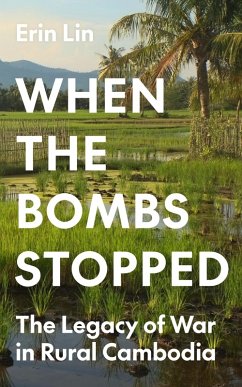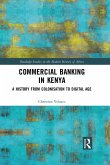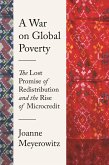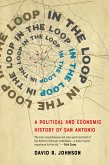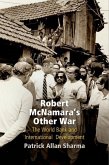How undetonated bombs from a war that ended more than fifty years ago still affect Cambodian farmers and their land Over the course of the Vietnam War, the United States dropped 500,000 tons of bombs over Cambodia-more than the combined weight of every man, woman, and child in the country. What began as a secret CIA infiltration of Laos eventually expanded into Cambodia and escalated into a nine-year war over the Ho Chi Minh trail fought primarily with bombs. Fifty years after the last sortie, residents of rural Cambodia are still coping with the unexploded ordnance that covers their land. In When the Bombs Stopped, Erin Lin investigates the consequences of the US bombing campaign across postconflict Cambodia. Drawing on interviews, original econometric analysis, and extensive fieldwork, Lin upends the usual scholarly perspective on the war and its aftermath, presenting the viewpoint of those who suffered the bombing rather than those who dropped the bombs. She shows that Cambodian farmers stay at a subsistence level because much of their land is too dangerous to cultivate-and yet, paradoxically, the same bombs that endanger and impoverish farming communities also protect them, deterring predatory elites from grabbing and commodifying their land. Lin argues that the half-century legacy of American bombs has sedimented the war into the layers of contemporary Cambodian society. Policies aimed at developing or modernizing Cambodia, whether economic liberalization or authoritarian consolidation, must be realized in an environment haunted by the violence of the past. As the stories Lin captures show, the bombing served as a critical juncture in these farming villages, marking the place in time where development stopped.
Dieser Download kann aus rechtlichen Gründen nur mit Rechnungsadresse in A, D ausgeliefert werden.

